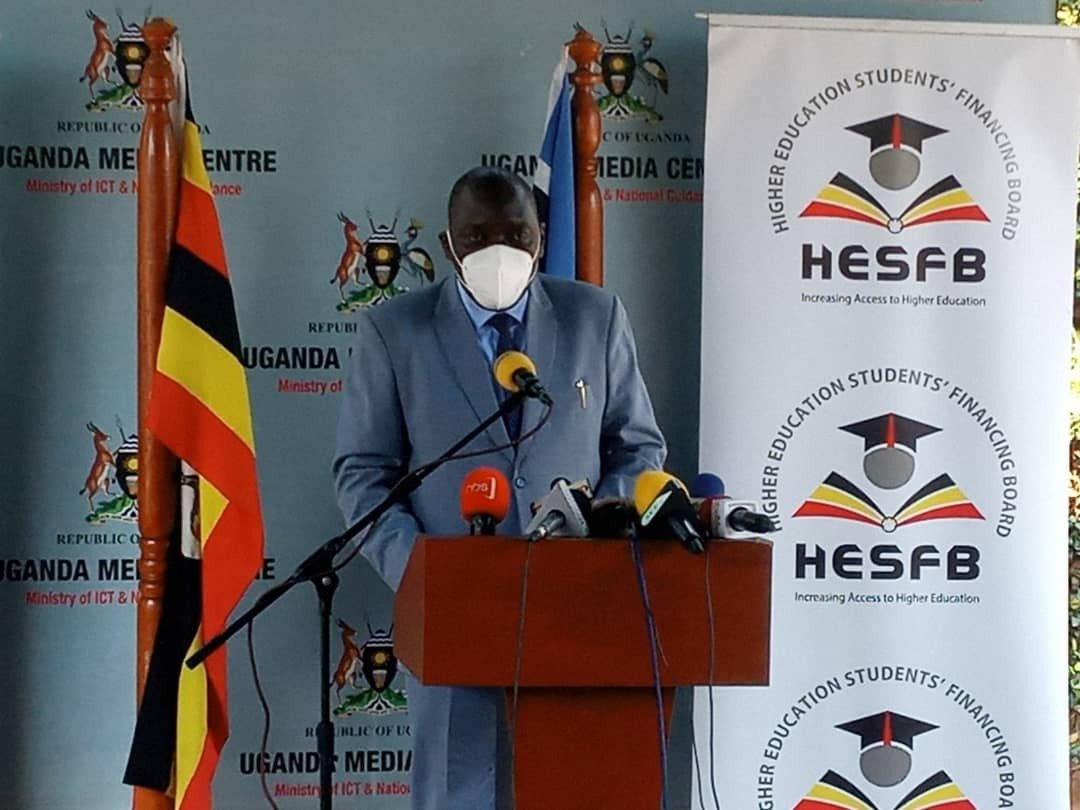By Lynn Edinance Olepus
Every year on February 16, Uganda observes Janani Luwum Day in honor of a man who gave his life speaking out against tyranny, injustice, and the abuse of power.
Archbishop Janani Luwum stood fearlessly in the face of oppression, challenging a brutal regime that silenced dissent through violence. His tragic death in 1977 claimed to have been at the hands of Idi Amin’s government was meant to be a warning to others who dared to question authority. Instead, it kept alive the memory of him as a symbol of faith, resistance, and justice.
But today, as we commemorate his sacrifice, one must ask: Should Uganda even be commemorating Janani Luwum Day if the very causes he died for still exist?
Uganda has come a long way since the days of Idi Amin, but, has the culture of political repression and human rights violations really changed? If Janani Luwum were alive today, would he be safe in this Uganda?
The recent death of the late Hon. Muhammad Ssegirinya, a vocal opposition figure, and many others who lost lives under questionable circumstances, brings back memories of the disappearances and targeted assassinations of the past. If Uganda truly honors Luwum’s legacy, then justice must not be selective. Today, political figures like Col. Kizza Besigye and others who dare or dared to challenge the status quo are facing the same intimidation that Luwum condemned.
Question is; shall we let history repeat itself? The lessons from Luwum’s death are meaningless if Ugandans continue to watch in silence as opposition figures are persecuted.
A few days ago, the President of the Uganda Law Society, Isaac Ssemakadde was sentenced to two years in prison —not for committing a crime, but for speaking against injustice and calling for accountability. If even legal professionals—the very defenders of justice can be punished for expressing their views, then where does that leave ordinary Ugandans? What, then, is the real meaning of Janani Luwum Day?
To those who continue to speak, write, and act in defense of justice; activists, media personnel, and ordinary citizens, history is watching. Uganda has always had brave voices, and silence is never an option when freedoms are under attack.
Luwum’s story reminds us that the cost of truth can be high, but it is necessary for a better future. If he and others before us stood tall in their time, then it is our duty to do the same today. The real way to honor his legacy is not just through public holidays, but by ensuring that his cause —justice, human rights, and accountability—lives on.
If Uganda truly values Janani Luwum’s sacrifice, then his legacy should not just be remembered but actively upheld. Commemorations mean nothing if oppression, injustice, and political persecution persist.
As we mark February 16, let it be more than just a public holiday. Let it be a reminder that Uganda must not return to the dark days that Luwum died fighting against.
The author, Lynn Edinance Olepus, is a Lawyer and Advocacy officer at FemJustice










































